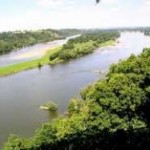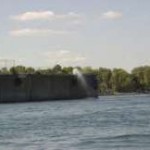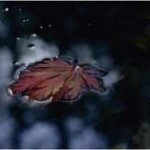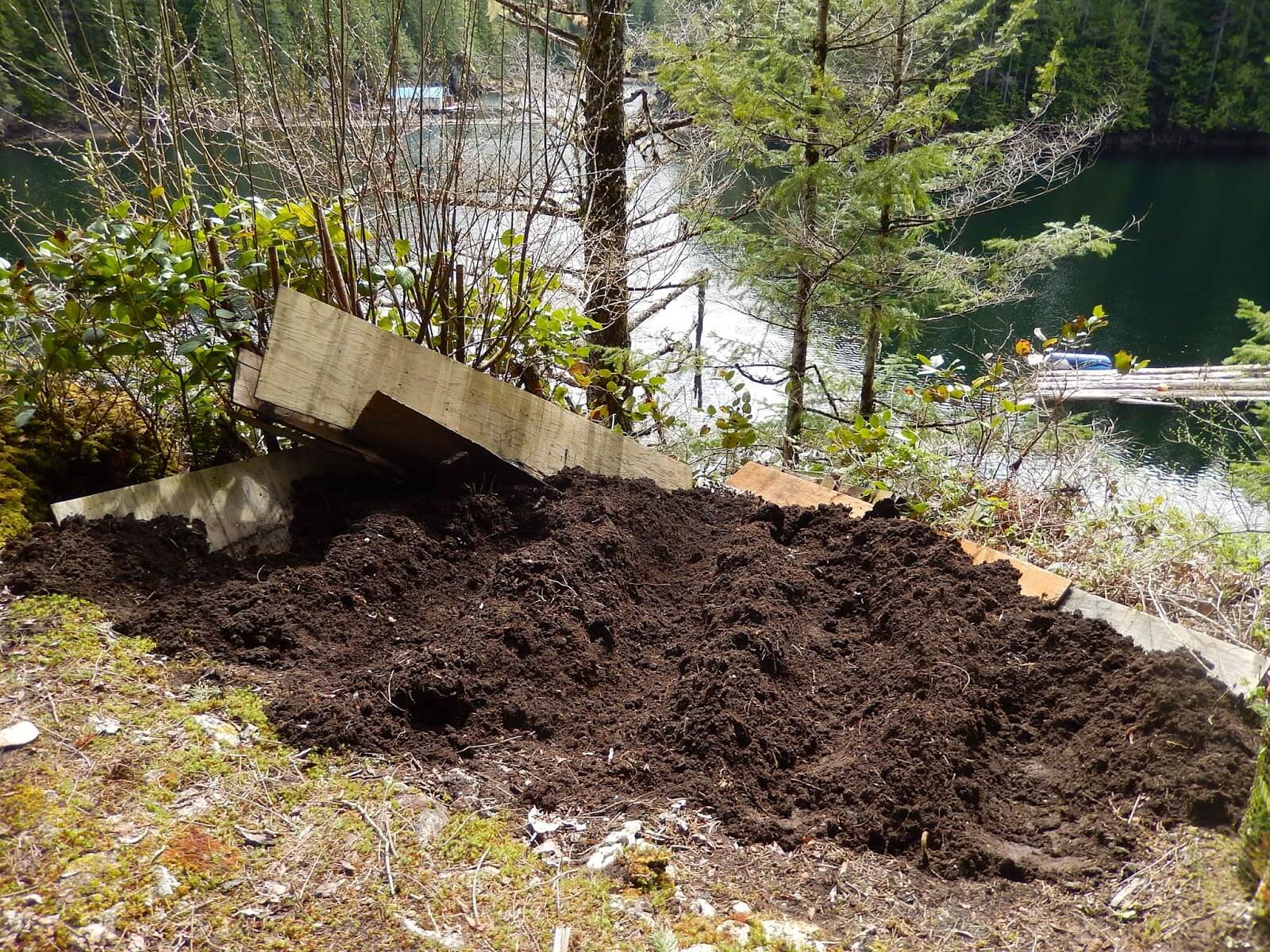Compost in liquid medium

For a long time, the only way to quickly get rid of organic waste was to throw it all into the river. We washed upstream of our part of the river and threw our food and human waste downstream. Thus, we depended on the whims of our higher neighbors while destroying the hopes of our lower neighbors for water purity.
And then we discovered the shovel and we started to bury.
However, as in all civilizations, there are always people remaining at archaic levels of consciousness who prefer to wallow in the habits of the past rather than move forward. This is why rivers are still used today to dilute our waste.
See Also: tree trimming services
A practical dilution

Today, who can still dare to swim in a river or even drink from a spring without fearing contamination from an obscure toxic product? The most poetic among us will speak of a risk of diarrhea linked to the contamination of water by the droppings of nearby herds: what nonsense! The herds themselves drink from the rivers: what interest would they have in contaminating their water source? None.
In truth, this type of reasoning is a conditioning from childhood . Of course we must be wary of stagnant water but not because of the risk of a sudden acceleration of its current, rather because of the risk of eating a large discharge of toxic liquid effluents coming from a factory upstream. . Nowadays, water pollution standards are increasingly arbitrary:
“We don’t know anything about the effects, we don’t want to know anything so we advise not to drink. »
Nice summary given to us by an employee of a large water treatment company. Obviously, spending your life diluting questionable effluent so that it meets even more questionable standards is not the most exciting job.
Organic waste in a river?

A river, river or any path of water in a naturally created bed is forced to find harmony with its immediate environment. Rivers have always transported organic waste such as leaves, trees, animals, fruits or minerals along their beds, gradually consuming them.
It is only recently, with the urbanization of river banks for “fear of landslides” or for rowing competitions or other water sports nonsense that rivers have started to lack natural organic waste in favor of plastics or other toxic liquids or solids released by our civilization.
The effects are generally not long in coming: we observe a desertion of watercourse fauna, a disappearance of birds and rodents, the creation of associations for the safeguarding of animals to be protected; a desertification of river bottoms with macro and microscopic animals, a development of invasive flora (Japanese knotweed type) and obscene algae at the bottom of the river for the main ones.
Easy to recognize a polluted river. But where to find pure water?
Difficult to answer this question. And besides, we won’t do it.
River composting, a reorganization of water resources

From now on, the regeneration of a watercourse involves the reintegration of resources which are seriously lacking. What any polluted river needs is a little attention and a lot of organic waste. It is not a question of taking a truck and dumping tons of dead leaves or grass, that would be completely absurd, but simply of encouraging walkers, residents or other natives of the countryside, to let their organic waste swim in water from the nearby stream.
If the discarded organic waste floats, it will be devoured by ducks, moorhens, insects or other fish in the river. If it flows, micro and macroscopic animals will take care of it, thus regenerating the interior of the river.
The benefit of returning organic waste to water is well established. However, isn’t it regrettable to still have to repair an error made by asphalt-loving humanity? Without a doubt. For the moment, let’s compost against all odds!
More to read: Can you compost human poop?

